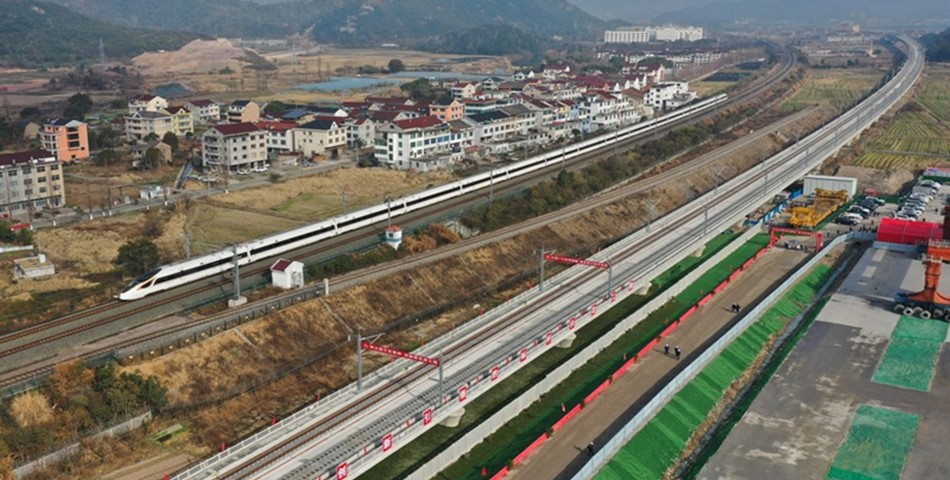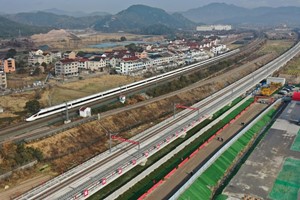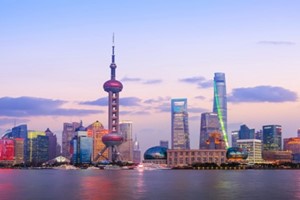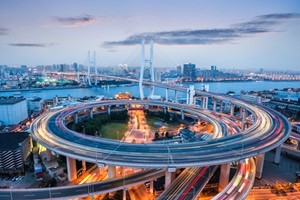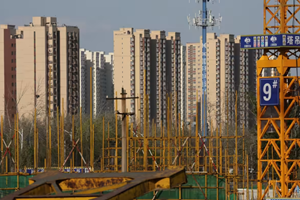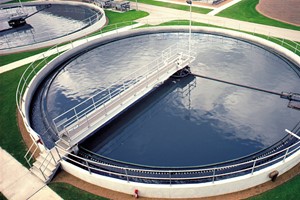As 2022 gets underway, China is investing more in infrastructure and building projects faster than it did in early 2021, as the country tries to ramp up GDP growth amid challenges such as the resurgent coronavirus and US government pressure.
Such forceful efforts are set to push economic growth to exceed more than 5 percent this year, economists said, but they warned of potential risks including labor shortage and rising production costs
Less than two weeks into 2022, China has announced or kick-started major infrastructure projects with total investment of more than 3 trillion yuan ($471 billion), data released by provincial governments showed. In contrast, only about 1.2 trillion yuan of major infrastructure projects were announced from January 1-19 last year.
Between January and Tuesday, about 10 provincial-level regions had held groundbreaking ceremonies for infrastructure projects, including Shanghai, Southwest China's Sichuan Province, East China's Jiangsu Province and North China's Hebei Province.
Among them, Hebei led in terms of investment scale, as it announced 695 key projects for 2022 with a total investment of 1.12 trillion yuan. Zhejiang came in second, with 358 major projects and total investment of 638.6 billion yuan.
Judging from public data, transportation projects are a focus. For example, Xiamen city started to build a new airport on January 5. The project, with planned investment of 53 billion yuan, has been portrayed by domestic media as one of the highlights of 130-some projects in the city.
"After the setting-up of the China-Laos railway, surrounding transportation projects in Yunnan Province will be rolled out, while the Regional Comprehensive Economic Partnership (RCEP) will trigger infrastructure projects that can facilitate trade," Tian Yun, former vice director of the Beijing Economic Operation Association, told the Global Times on Tuesday.
Another highlight is infrastructure projects related to high-tech industries. For instance, Shanghai signed agreements for projects involving drones and biomedical research and development.
Anhui Province has witnessed the start of BYD's new-energy car core parts manufacturing project, while Hebei Province will see the construction of nearly 200 projects related to emerging industries ranging from electronics component modules to digital glass.
The central government is accelerating infrastructure construction to stimulate economic growth, at a time when hopes are dim for other engines of growth -- trade and consumption -- to play an important role amid COVID19 resurgence, economists said.
"Weak consumption and sagging expectations for economic growth mean China needs to stimulate economic growth via infrastructure projects, so that the first-half-year economic growth will be relatively fast," Zheng Lei, chief economist at Glory Sun Financial Group, told the Global Times.
According to Zheng, the progress on last year's major infrastructure projects was below anticipation, and some projects were postponed to this year.
However, analysts said that China's infrastructure construction is not a case of large-scale stimulus like it was several years ago as the investment scale is still at a moderate level.
“This year's investment in infrastructure is a minor adjustment of last year's policies, when the government refrained from large-scale infrastructure investment to avoid adding inflationary pressure," Tian said. But he warned of potential risks, such as a decline in the number of construction workers.
"As there are less migrant workers available, will construction companies have to 'steal' laborers from private manufacturing companies? Also, can those projects meet China's environmental protection requirements, which tend to result in rising costs?"
Hu Qimu, chief research fellow at the Sinosteel Economic Research Institute, told the Global Times that China might adjust its infrastructure investment based on coronavirus situations.
"If the coronavirus subsides in late 2022, it's possible that infrastructure projects will be slowed down and consumption will still be the mainstay of the economic growth," he said.




